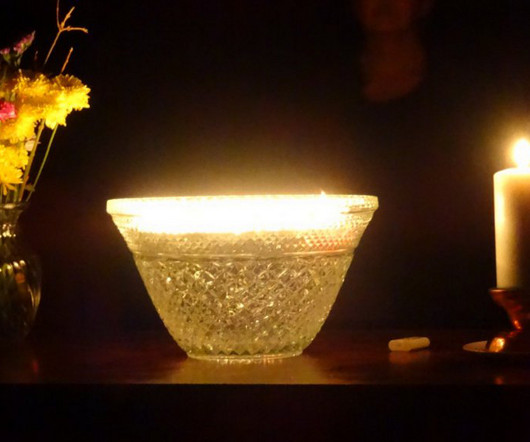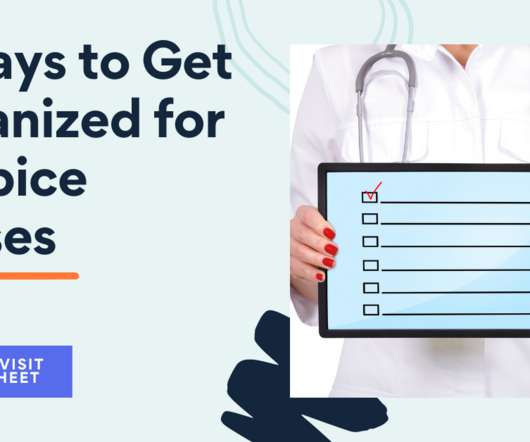Coronavirus (COVID-19) Body Disposal, Funeral (Video 5:45)
Hospice and Nursing Homes Blog
JULY 1, 2020
Unfortunately, research studies have not focused on outcomes and support for bereaved people during a pandemic. Research on the impact of COVID -19 grief and bereavement during other infectious disease outbreaks such as pandemics have tended to focus on survivors who had the illness and recovered.












Let's personalize your content